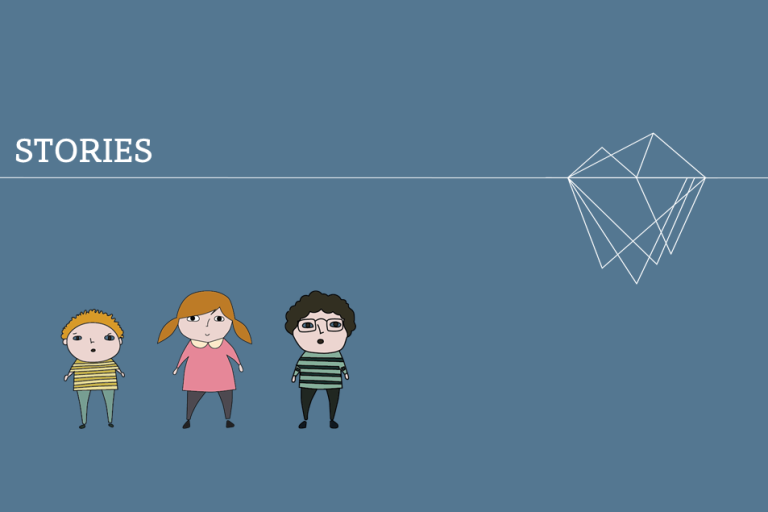Self-acceptance
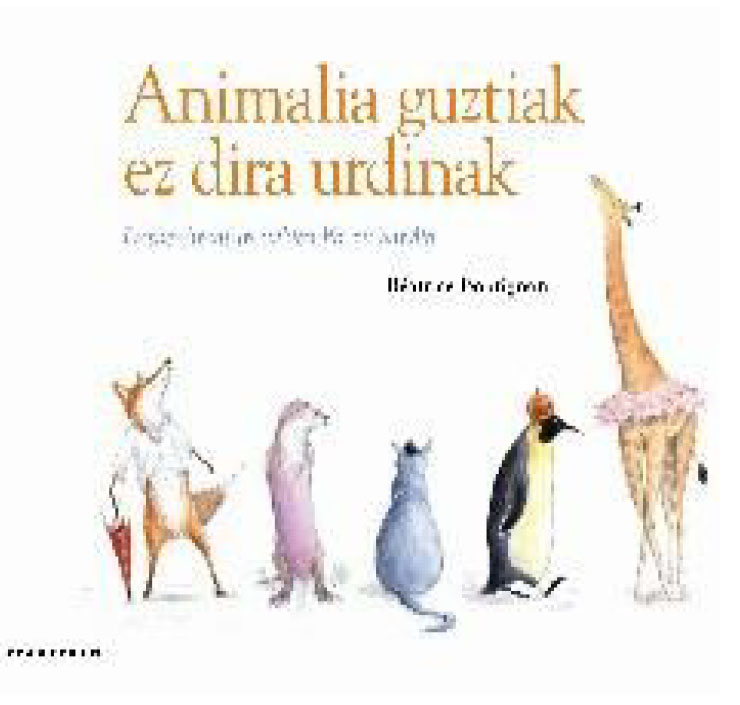
Title: Animalia guztiak ez dira urdinak [Not all animals are blue].
Author: Béatrice Boutignon.
Year: 2008
Place: Donostia-San Sebastián.
Published by: TTARTTALO.
Language: Basque.
Synopsis: An otter in a swimsuit, a shy donkey, a mouse out in the rain, elegant giraffes, etc. The animals in this marvellous book are grouped into families (dogs, giraffes, frogs, parrots, raccoons, etc.). All are similar, but also different. On every page, readers are invited to examine these similarities and differences. Why are they different? Is it their shape? Their attitude? What they are wearing? Their colour?
Gender equality indicators: respecting diversity, self-acceptance.
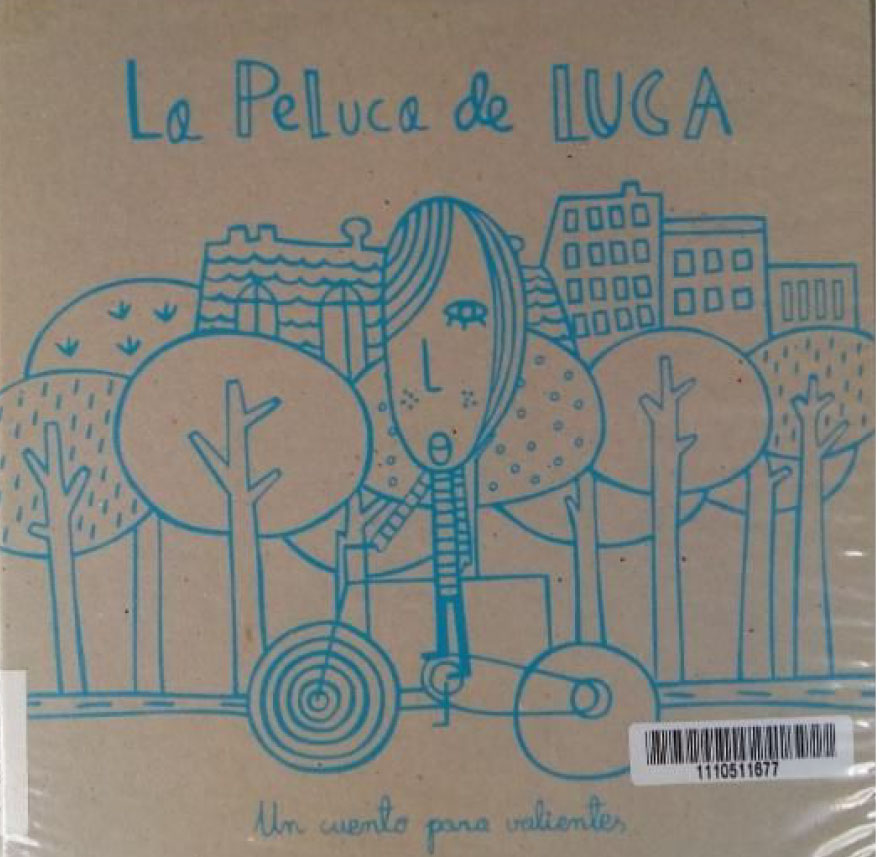
Title: La peluca de Luca [Luca’s wig].
Authors: Helena Berenguer; Vicent Poquet; Dolo Vicens; Pep Soler; Romu Soler.
Year: 2013
Place: Valencia.
Published by: LA LA LA EDITORIAL.
Language: Spanish.
Synopsis: Luca is a brave little boy. He’s only four years old but he’s already trying to overcome the barriers imposed by society. One day, a wig falls from a very special cloud onto Luca’s head and he loves it. But when he arrives at school wearing his new wig, everyone laughs at him. Luca ignores them and carries on wearing it anyway. Finally, more clouds appear and more wigs fall onto the heads of most of the children at the school. Now they are all happy and laughing in their new wigs.
Gender equality indicators: not marginalising anyone; peaceful coexistence; self-acceptance.
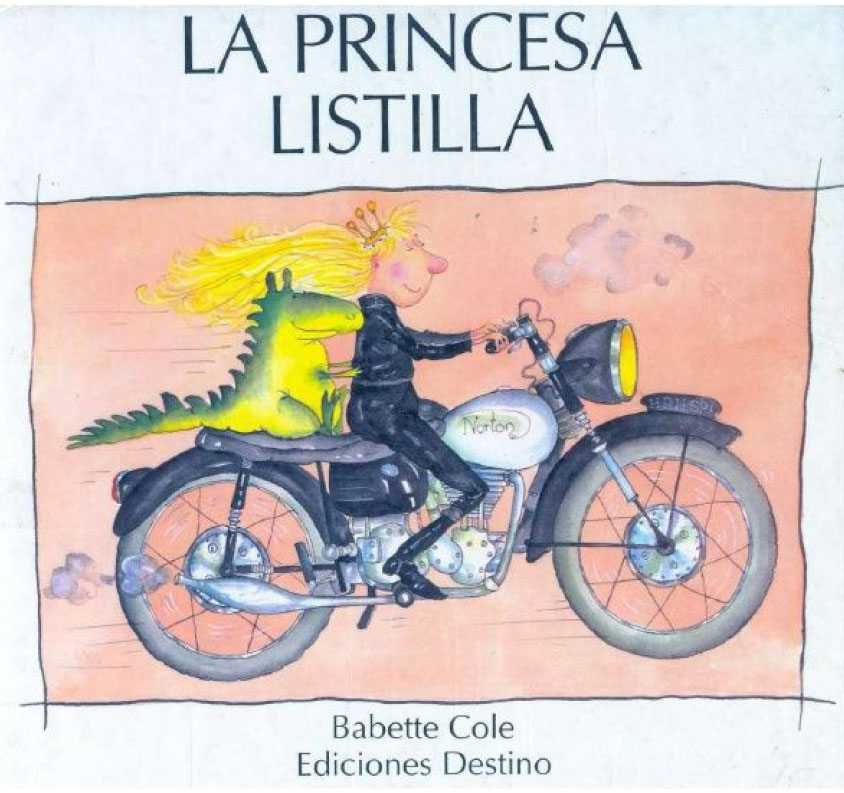
Title: La princesa listilla [Princess smartypants].
Author: Babette Cole.
Year: 1996
Place: Barcelona.
Published by: Ediciones Destino.
Language: Spanish.
Synopsis: Princess Smartypants doesn’t want to live the life her parents have planned out for her. She doesn’t want to marry a prince, she’d rather live in the castle with her pets. So, she sets all her suitors a challenge: she’ll only marry the one who can complete all the tasks she sets him. But it’s not easy. Only Prince Swashbuckle manages it … but the consequences are unexpected to say the least.
Gender equality indicators: breaking down gender stereotypes; freedom to decide; self-acceptance.
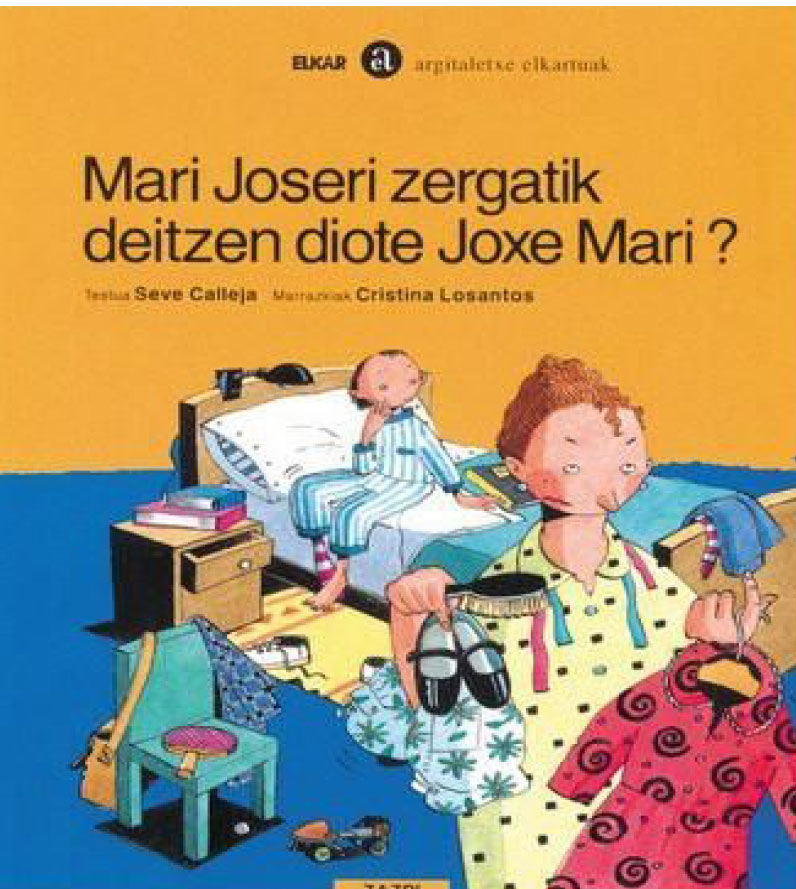
Title: Mari Joseri zergatik deitzen diote Joxe Mari? [Why do they call Mari Jose Joxe Mari?].
Author: Seve Calleja.
Year: 2010
Place: Donostia-San Sebastián.
Published by: Elkar.
Language: Basque.
Synopsis: Mari Jose is eight years old. She loves playing football. She doesn’t wear earrings and is happy and carefree – she doesn’t give a hoot what people say.
Gender equality indicators: breaking down gender stereotypes; freedom to decide; self-acceptance.
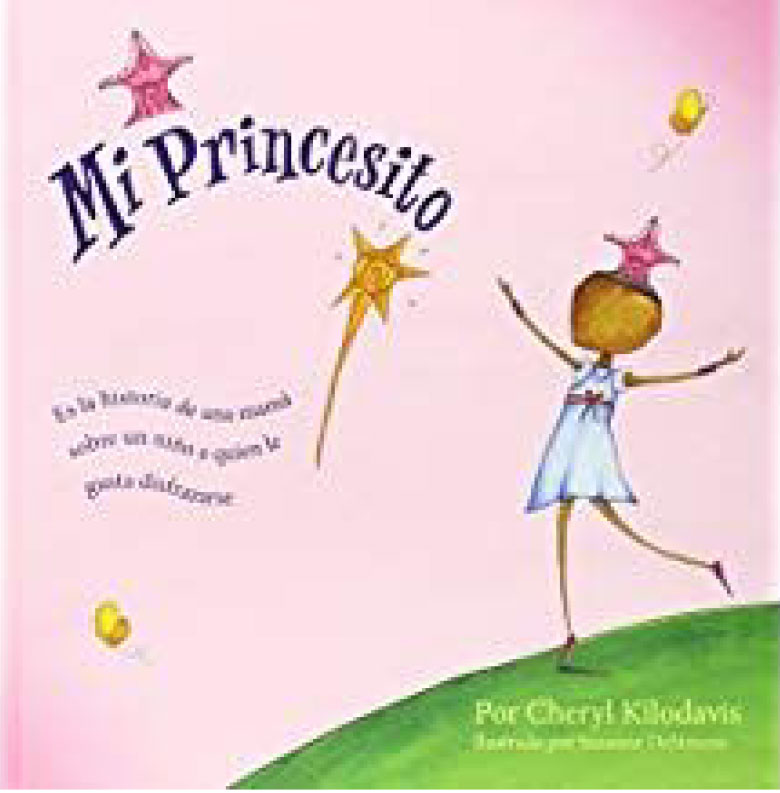
Title: Mi princesito [My princess boy].
Author: Cheryl Kilodavis.
Year: 2015
Place: Barcelona.
Published by: Edicions Bellaterra.
Language: Spanish.
Synopsis: A mother tells about the daily life of her young son – the things he likes, what he likes to do with his friends and family. It is an enriching tale of unconditional family love, of how happy it makes you when people love you just as you are.
Gender equality indicators: breaking down gender stereotypes; freedom to decide; self-acceptance.
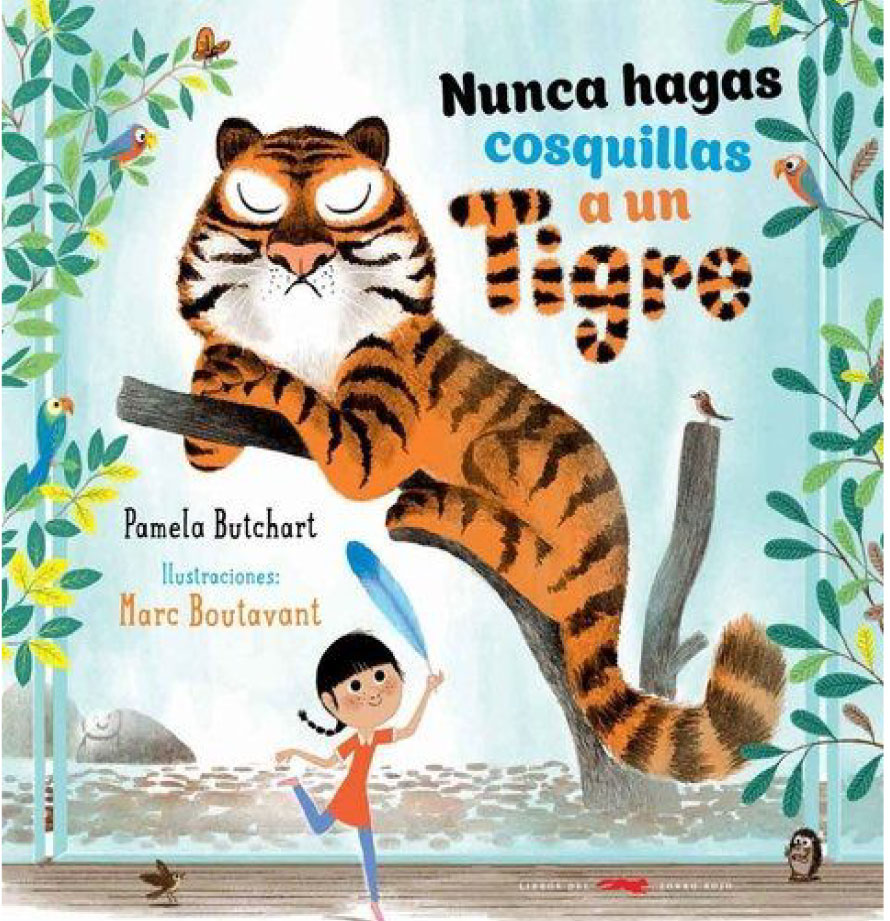
Title: Nunca hagas cosquillas a un tigre [Never tickle a tiger].
Authors: Pamela Butchart; Marc Boutavant.
Year: 2016
Place: Barcelona.
Published by: Libros del zorro rojo.
Language: Spanish.
Synopsis: The book recounts the adventures of the main character, Izzie. Izzie is a very lively girl who loves to dance, jump, run and turn somersaults. She also loves to experiment. She is curious about everything and likes to do things to satisfy that curiosity, even when it makes those around her nervous. She even tickles the great big tiger at the zoo!
Gender equality indicators: breaking down gender stereotypes; self-acceptance.
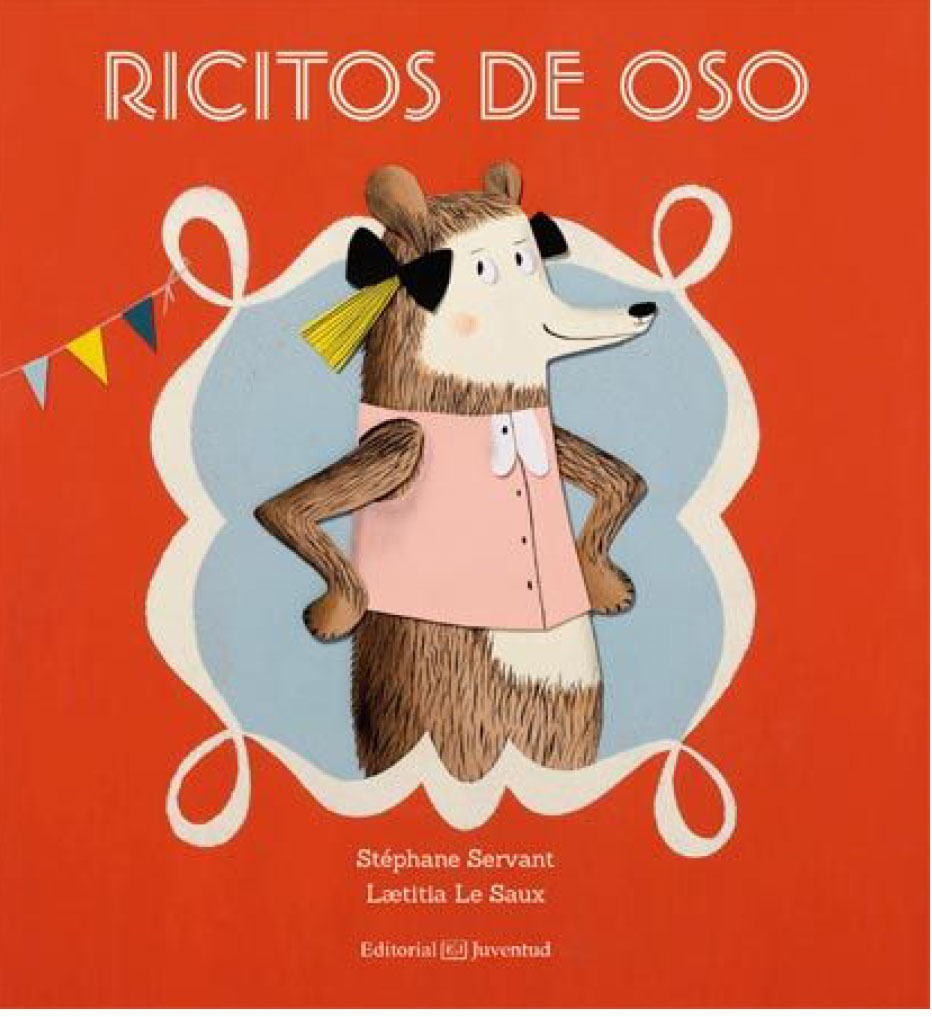
Title: Ricitos de oso [Bearylocks].
Authors: Stéphane Servant; Laetitia Le Saux.
Year: 2014
Place: Barcelona.
Published by: Editorial Juventud.
Language: Spanish.
Synopsis: Baby Bear wants to dress up as Goldilocks for the big festival, with a yellow ponytail and a pink skirt. Daddy Bear does not approve of his outfit. But Baby bear isn’t about to give up. He and Mummy Bear work together to convince Daddy Bear.
Gender equality indicators: breaking down gender stereotypes; freedom to decide; self-acceptance.
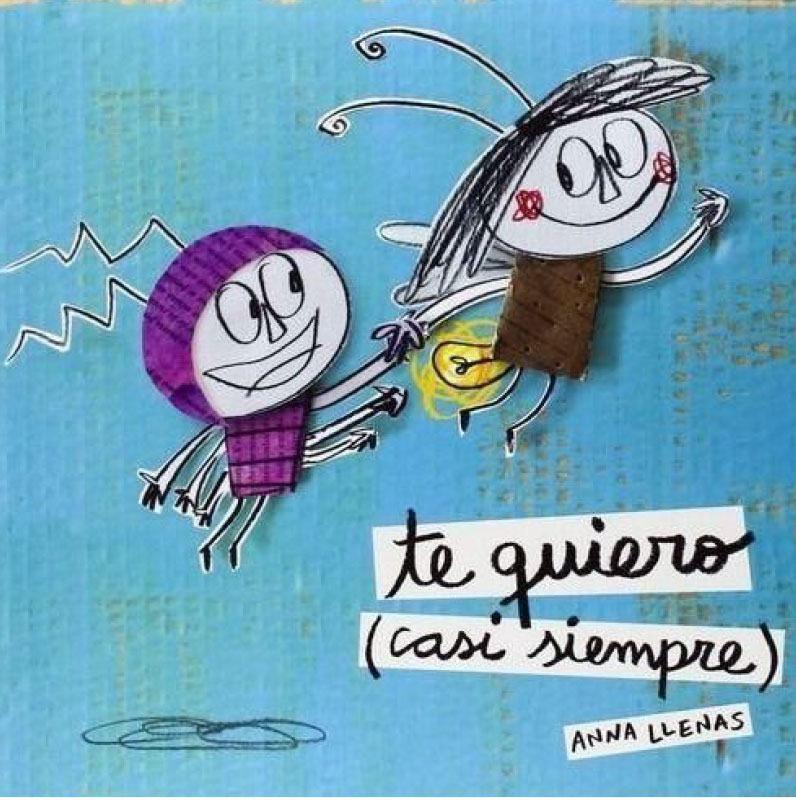
Title: Te quiero (casi siempre) [I love you (nearly always)].
Author: Anna Llenas.
Year: 2015
Place: Barcelona.
Published by: Espasa.
Language: Spanish.
Synopsis: This story highlights the differences between the two main characters. However, for the sake of love they must learn to adapt to each other, since that is the only way for them both to be happy. With her brave, unique illustrations, the author depicts a couple who have their own space and their own interests, but who nevertheless care for and complement each other.
Gender equality indicators: self-acceptance; respecting diversity.
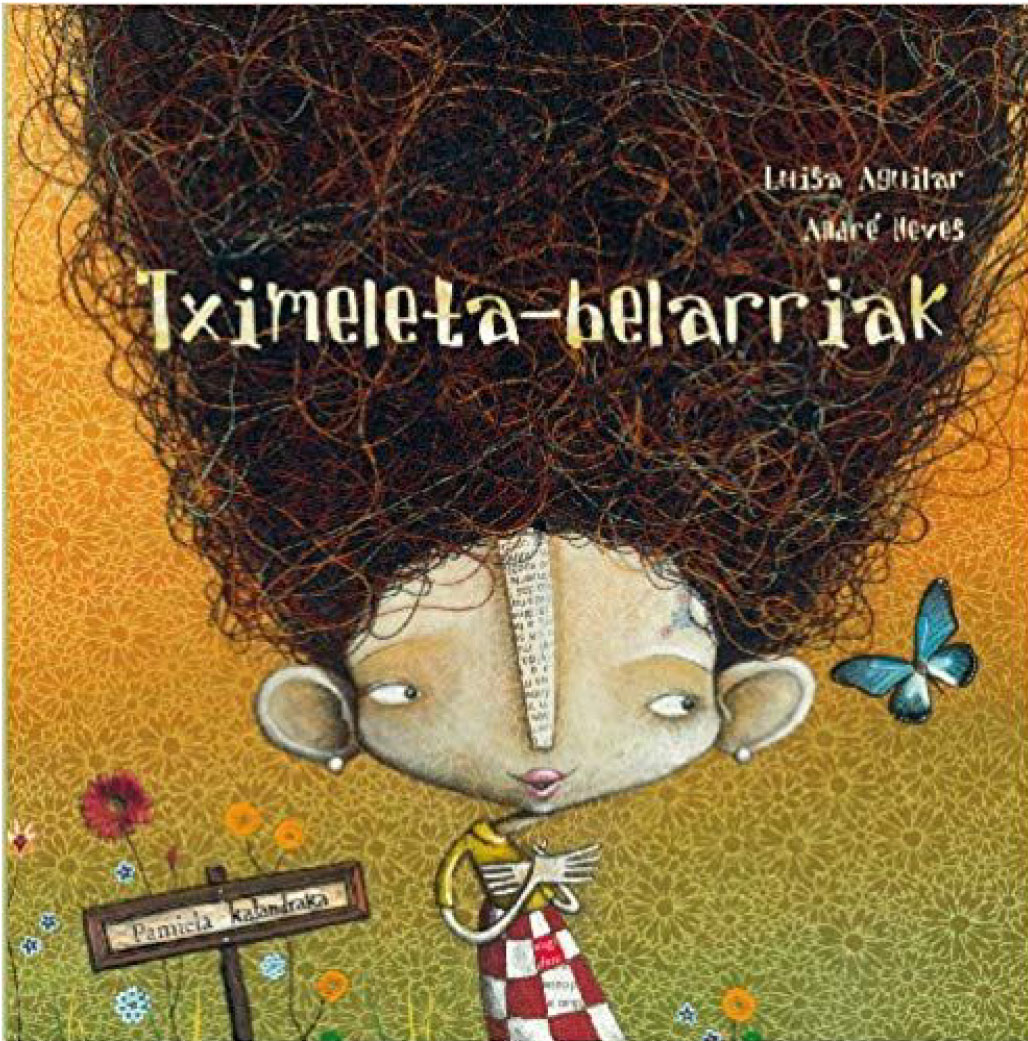
Title: Tximeleta-belarriak [Butterfly ears].
Authors: Luisa Aguilar; André Neves.
Year: 2009
Place: Eujoa (Asturias).
Published by: Pamiela / Kalandraka.
Language: Basque.
Synopsis: Mara is teased by her friends, who call her big ears, fuzzy head and holey socks, etc. But Mara doesn’t let herself be cowed. She has the ability to find a positive take on what other people see as a reason to tease her. With her own sense of worth as her ally, she turns adversity into new opportunities…
Gender equality indicators: breaking down stereotypes; respecting diversity; self-acceptance.
- Categories:
- STORIES

